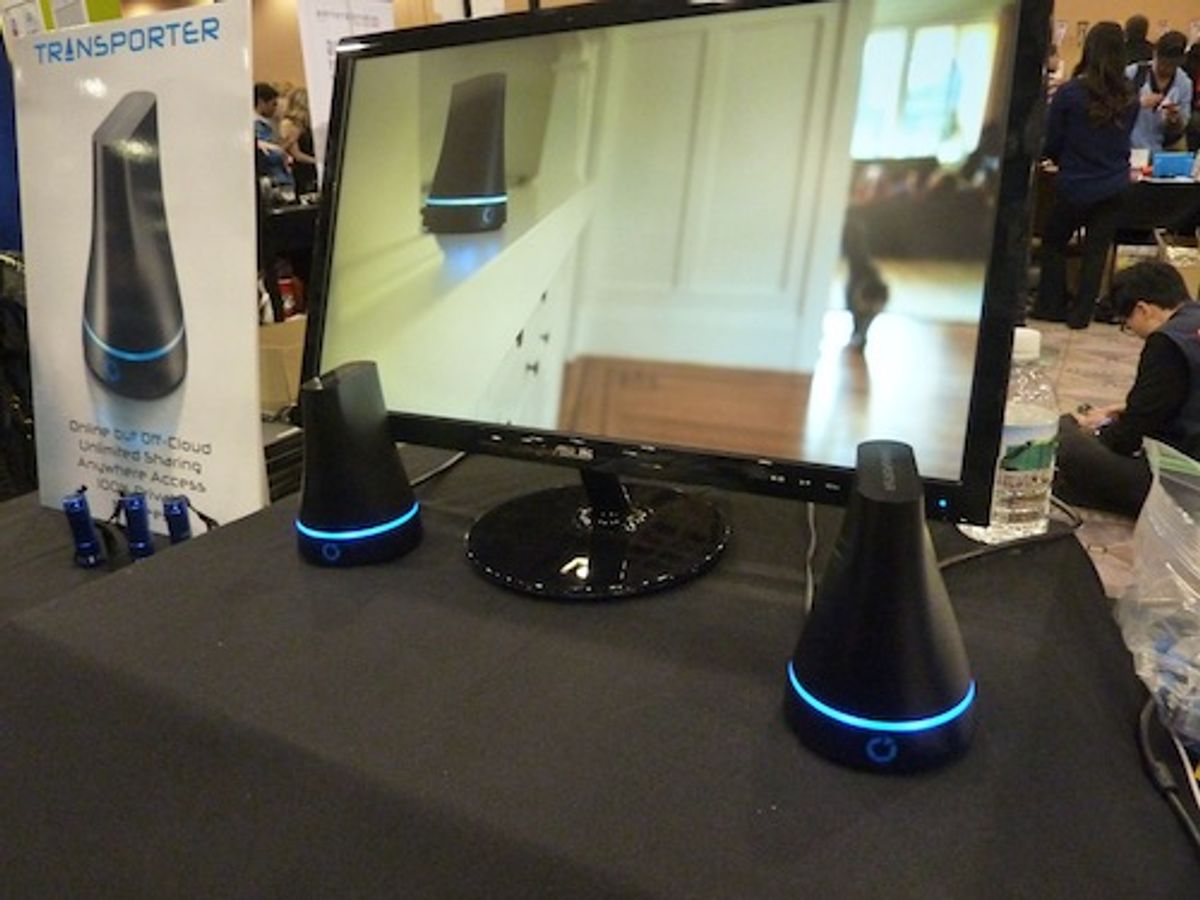Geoff Barrall, Transporter founder, convinced me that it did. The Transporter is essentially a cloud in a cone; pop it somewhere it can connect to the Internet (preferably in a different building than your computer) and it acts as offsite backup or file sharing device, requiring no setup or computer connection. Barrall first envisioned his customers as lawyers and other professionals who don’t want to entrust confidential information to a commercial cloud, but at $200 for a bring-your-own-drive version or $300 for a 1terabyte version, sees the product catching on with consumers who want off-cloud storage, or to share files within a small group.
Barrall said his campaign on Kickstarter, the micro funding service, hit 200 percent of its milestone yesterday, and the company will start shipping Transporters by the end of the month.
Follow me on Twitter @TeklaPerry
Tekla S. Perry is a senior editor at IEEE Spectrum. Based in Palo Alto, Calif., she's been covering the people, companies, and technology that make Silicon Valley a special place for more than 40 years. An IEEE member, she holds a bachelor's degree in journalism from Michigan State University.




